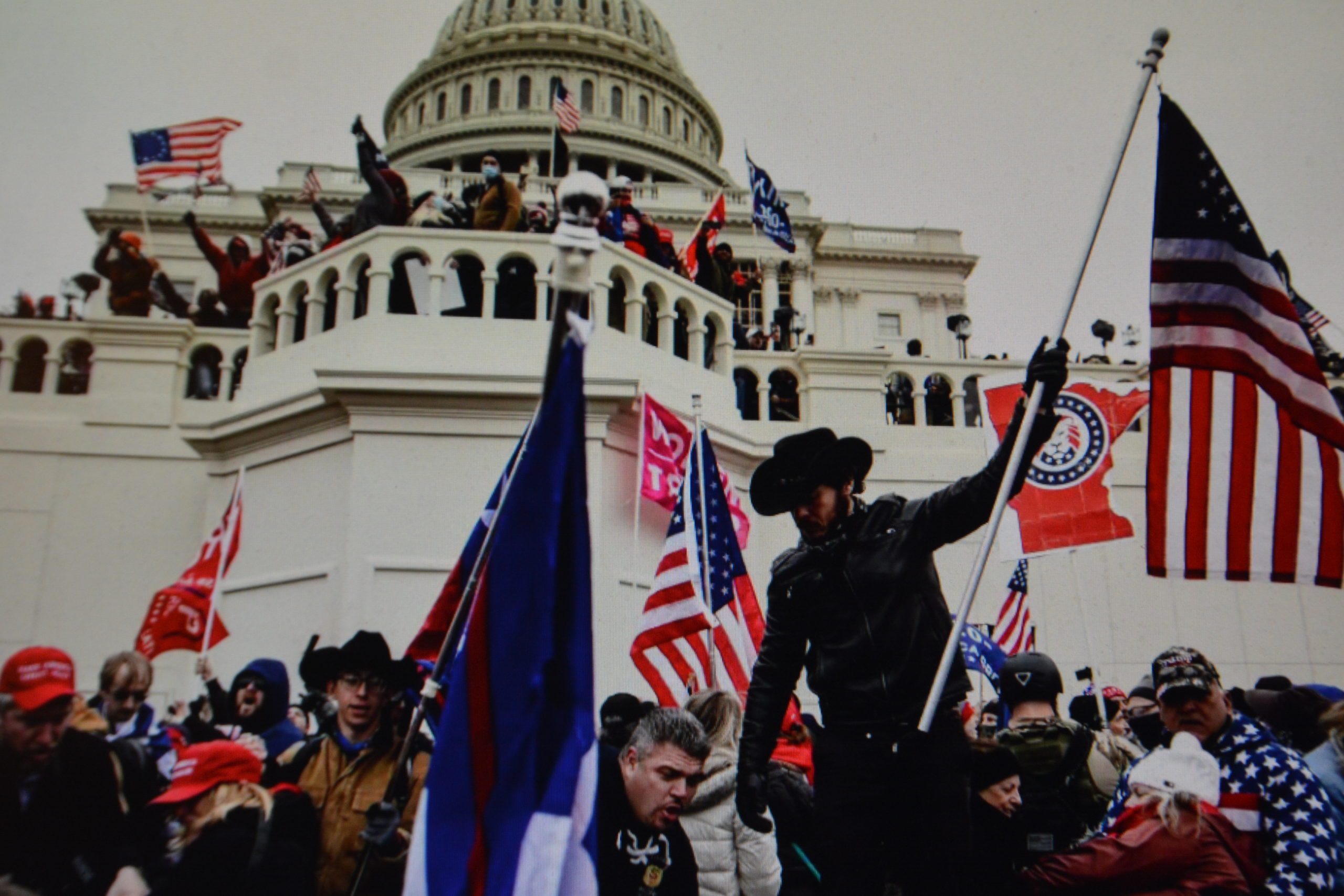The year started out in chaos on Jan. 6 when we tuned in to see an angry, pro-Trump mob storming the U.S. Capitol building, a fitting ending to what most considered to be an unusual and unsettling presidential reign. The Trump era was reluctantly, obstinately and somewhat violently coming to an end and the nation hoped to finally be able to exhale and return to some kind of normalcy.
But normalcy was not to be had. We could not slip from the grip of COVID and its many effects, including unemployment, supply chain delays and labor shortages. Added to these sobering events were our chaotic withdrawal from Afghanistan and the collapse of the condo in Surfside, Fla., and one began to search for some hope among all this rubble.
Instead we spent the year in a mad rush for vaccines to insure our survival. This all sounds like a scary movie except that it happened for real. It would be hard to say that 2021 was a good year because it was not.
From my perspective as a practicing psychoanalyst, I would say we have entered a turning point in our culture. There has been an accumulation of trends that seem to be pushing us into paranoia, anxiety, fear, exhaustion, loneliness and despair. I can see why all the zombie flicks and the Walking Dead TV shows have gained so much traction. They reflect our current state of mind.
We are now best described as a quarantine nation with citizens who have a growing fear of neighbors and an understandable reluctance to participate in cultural rituals in churches, restaurants, theaters or cinemas. Half the labor force works from home and therefore no longer engage in the daily rituals of handshakes, coffee breaks and lunch with fellow workers. Instead, they remain in a No Man’s Land of Zoom calls and texting.
This process of social isolation and the extinction of community was well in place long before COVID hit. James Kunstler wrote “The Geography of Nowhere” in 1993 where he discussed how suburban sprawl, poor urban planning and the automobile had successfully destroyed our communal environment. This was followed by Robert Putnam of Harvard, who wrote the book “Bowling Alone” in 2000 where he sounded the alarm about America’s declining social capitol and the extinction of community.
More recently the chilling docudrama, “The Social Dilemma,” explored how social media is designed to nurture addictions, isolation and disinformation and how it produces depression.
You add these trends together with the sense of fear, worry and paranoia that COVID has produced and you can argue that we have entered a turning point in modern civilization. We can see these concerns expressed in many blockbuster dystopian films, including “Blade Runner,” “The Matrix,” “The Terminator” and “I am Legend” where the protagonist lives an isolated life filled with fear and the battle to survive.
That is exactly what we are doing now. We are trying to survive in a world filled with deadly viruses and others who may be carriers of the disease. This is not exactly what one would call living the good life. Instead, we have entered the age of the neurological disorders including depression, Attention Deficit Disorder, Borderline Personality, and burnout. All this accrues because we no longer have what is called “a good enough holding environment.”
As Hillary Rodham Clinton once wrote, it takes a village to raise a child. She ought to have written another book entitled “It Takes a Village to be a Human Being.” Zoom calls, texting and TV are not enough to live a good life where you feel safe and embraced by daily rituals like getting coffee in the café and sharing a laugh or two with a neighbor.
COVID has ushered in a new age which seems to be filled more with foreboding than with goodwill. What ever happened to the good life that we seemed to have in America’s grasp not so many years ago? I saw an old documentary about the 1964 World’s Fair, which is where I had my first job selling Italian ices at People to People Fiesta. The fair’s theme was “Peace Through Understanding” and it showcased a bright and hopeful mid-century American culture.
At summer’s end I went off to college, America became embroiled in Vietnam, then came Nixon’s impeachment, Altamont, Charlie Manson, the end of flower power and America’s head has been spinning ever since.
Who could have guessed that Don McLean’s No. 1 tune “American Pie” would be such an accurate forecaster of this sobering trend. You will recall the repeating phrases such as “Bye-bye Miss American pie, “This’ll be the day that I die”, and “The day the music died” foretelling all the endings and disillusionments soon to come.
Yes, “Bye-bye Miss American pie” make way for vaccines, booster shots, masks and Zoom calls. These are the breathtaking days of solitude and worry. I fear that all of life’s simplicity and beauty is slowly being smothered by endless advances that our civilization gives birth to.




